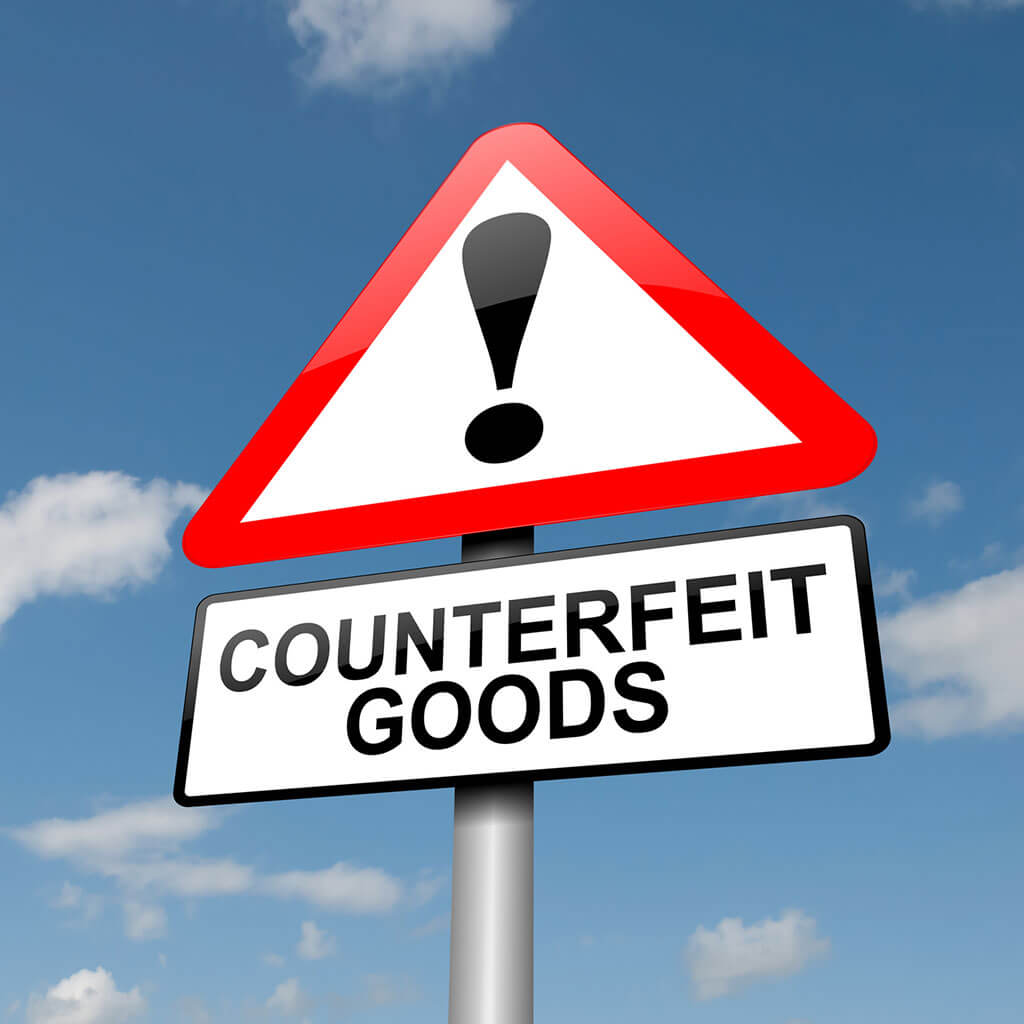SMEs often manufacture their products abroad in countries where the workforce is cheaper. Foreign contractors offer products specially designed for SMEs or from catalogues. In most cases, entrepreneurs are assured that the foreign contractor possesses all the necessary IP rights to each product.
Therefore, it is no surprise that SMEs are often confused when facing allegations of IP infringement. When goods do not bear popular or renowned trademarks, but rather infringe copyrights or figurative trademarks without a word element or trademarks that may seem on the surface to be merely a descriptive word, it may be very difficult to identify the element(s) of a product that infringe IP rights. SMEs lack the resources to verify, for instance, worldwide copyright protected works that are similar to the imported goods.
What if such goods do indeed infringe IP rights? Needless to say, it would be difficult to get any money back from a dishonest exporter whose company may have in the meantime ceased to exist.
Even though in most cases importers are unaware of their contractors’ illegal conduct, they may not only lose their products and money (under a simplified procedure foreseen in 608/2013 Regulation or through civil proceedings), but in Poland they may also be found guilty of committing a crime.
An indictable offence must involve intent. However, an acceptance of the foreseen possibility of committing the act may be enough for the prosecutor and the court to decide that a prohibited act was committed with intent and therefore find the importer guilty.
The prejudicial stereotype that goods coming from a specific country are fake may play an important role in criminal proceedings. Even though in many cases products coming from a specific country suffering from such stereotypes are very innovative and of good quality, the importer is faced with accusations that they should have foreseen the possibility that the goods were fake simply because they originate from a country that has a reputation for producing counterfeit goods.
In order to minimize the risk of receiving a shipment full of fake products, SMEs should invest in innovation and create and design their own products from scratch. Although this may seem to be an expensive path to go down, it may in fact be cheaper than losing a whole shipment of counterfeit goods along with the money and time spent on the venture. Another option is to use a professional, e.g. a patent and trade mark attorney, to verify in advance that the goods to be ordered from a new and unverified source abroad are legitimate. If it is not possible to do either of these, at the very least an importer should demand documents confirming that the goods have been created by the contractor and do not infringe any IP rights. While this action may not help the importer avoid civil claims, it should nevertheless prove useful within criminal proceedings.



